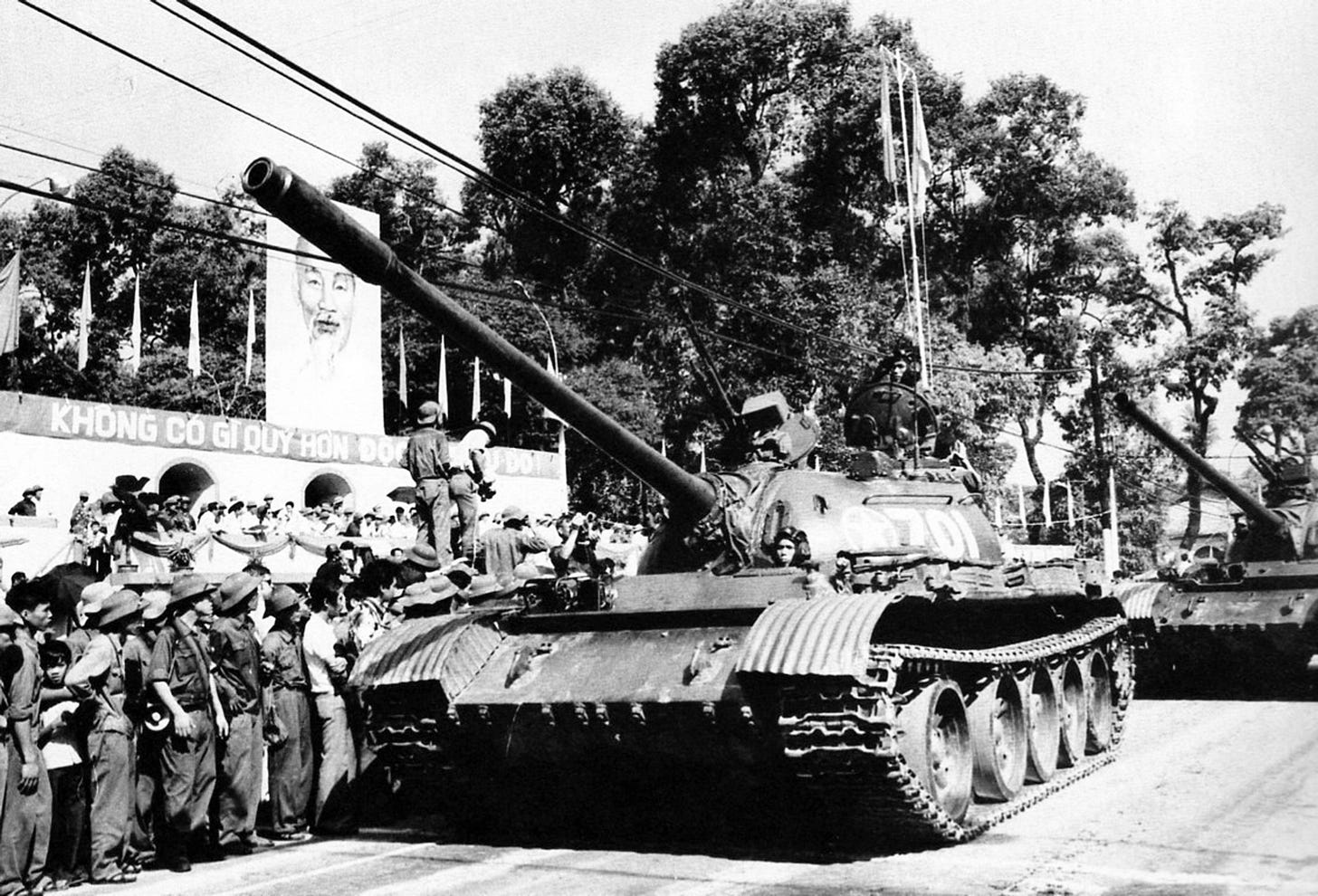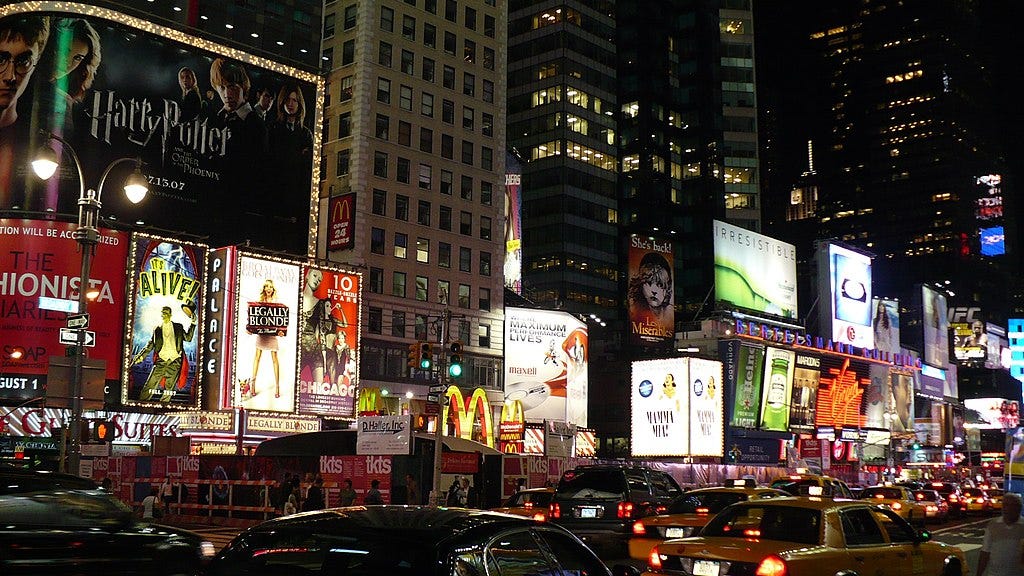Timeless stories from our 175-year archive handpicked to add context to the news of the day.
The Fall of Saigon at 50
[October 2017]
A critique of Ken Burns and Lynn Novick’s documentary The Vietnam War.
Read “American Rage” by Véronique Truong
[April 1996]
“My first memory of my father's face is framed by the coiling barbed wire of a prison camp in South Vietnam.”
Read “Ma and Ba” by Thi Diem Thuy Lê
[June 2020]
On the phenomenon of reverse migration from America to Vietnam.
Read “Going Home Again” by Theodore Ross
[May 1970]
Seymour M. Hersh’s groundbreaking account of the My Lai massacre and its aftermath.
Read “My Lai” by Seymour M. Hersh
[May 1989]
“What could be said was that America had lost not only a war but also the belief in its virtue.”
Read “Vietnam Diary” by Lewis H. Lapham
[May 1975]
A C.I.A. conspiracy against its own intelligence.
Read “Vietnam Cover-Up” by Sam Adams
Going a-Maying

[July 1918]
“In approaching any consideration of the I.W.W. as a labor movement striving toward industrial revolution, it is of the first importance to remember that the organization is not an exotic, but a perfectly natural, product of conditions for which we, as a self-governing democracy, are ourselves responsible.”
Read “The Industrial Workers of the World” by Robert W. Bruère
[July 1954]
An informal portrait of the UAW.
Read “The Union That Grew Up” by Mary Heaton Vorse
[July 2017]
Lessons from the Paterson Silk Strike of 1913.
Read “Labor’s Schoolhouse” by Garret Keizer
[May 1874]
A May Day poem.
Read “Corinna’s Going a-Maying” by Robert Herrick
Tread the Boards
[March 1999]
Arthur Miller’s notes on the past and future of American theater: “Theater, like politics, is always the art of the possible.”
Read “On Broadway” by Arthur Miller
[December 1988]
“Of what use is a stage to actors who have nothing to say? Or to an audience that expects from its playwrights more or less the same sort of comforts that it expects from its department stores?”
Read “Politics nouveau” by Lewis H. Lapham
[August 1983]
“In the present economy of Broadway, the power has slowly moved toward new centers of influence.”
Read “The Great White Elephant” by Marilyn Stasio
[April 1979]
On the ironic mode and its discontents in Stephen Sondheim’s oeuvre.
Read “Sondheim’s Little Deaths” by John Lahr







